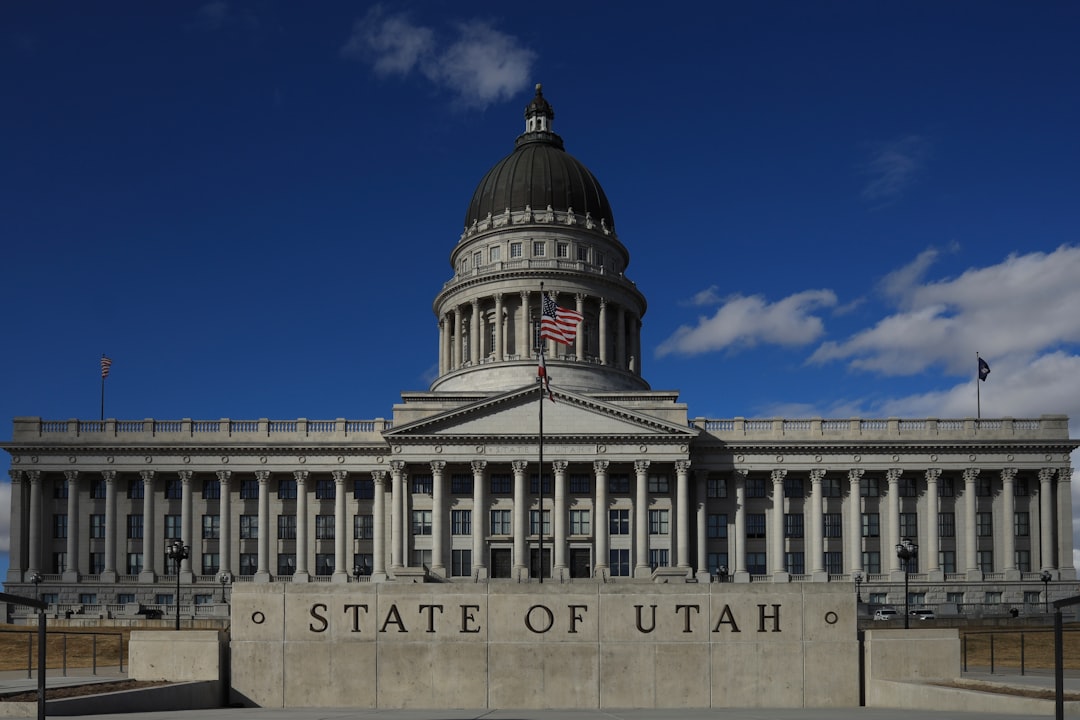
Help for Secretaries of State Running for Office in 2026
A Conflict-of-Interest Avoidance Program can help secretaries respond to both problems and be ready for questions from reporters.
Election Reformers Network aims to end partisan and insider control over elections. Favoring neither the left nor the right, we lead a U.S. movement to ensure that country comes first, not party.
Rule of law and choice are under threat
A range of powerful forces act together to make America an increasingly divided country. These influences are woven into the core elements of our life: from social media algorithms that incentivize anger, to 24-hour news cycles that retain viewers by amplifying a false dichotomy of far left and far right.
Even where and with whom people choose to live can become a political matter. No one person or side is to blame, but we have everything to lose if we don’t strengthen the core institutions of our nation to withstand this new polarizing reality.
Polarization is worsened by an archaic set of election rules left over from a bygone political era. We place parties in charge of everything from voting rules, to district lines, to election oversight. These practices overrepresent the extremes and discourage common ground.
Meanwhile, peer democracies have innovated, upgrading election systems to require impartiality, encourage compromise, reduce conflicts of interest, and sustain broad participation and trust. Evidence-based solutions exist; we only need the will to implement them.
Rising polarization colliding against outdated and hyper-partisan systems could soon lead to a complete breakdown in American democracy.
No system can ever be all things to all people, but we won’t make headway on any of the issues Americans care about until we move past polarization and operate within an impartial, trusted, fair governance system. America’s democratic republic relies on an election ecosystem that works – for today, tomorrow, and the next generation.
Defending against abuse of power

A Conflict-of-Interest Avoidance Program can help secretaries respond to both problems and be ready for questions from reporters.

This week, ERN’s Executive Director Kevin Johnson joined Derek Monson, Executive Director of the Sutherland Institute, to support first-in-the-nation legislation in Utah that would establish clear ethical guardrails for county clerks and the chief election officer.

ERN Executive Director Kevin Johnson was featured in ElectionLine to discuss legislation in Utah that would strengthen the guardrails to ensure election official neutrality.

America’s election rules let partisan officials act as referees. Learn why this hidden conflict of interest threatens trust—and what reforms can fix it.

In 2026, dozens of secretaries of state across the country — including Jocelyn Benson in Michigan — will be on the ballot while overseeing the very elections they administer. That fact alone should not trigger federal oversight. ✅ As we outline in our latest commentary, what matters more is transparency and clear evaluation of conflicts of interest — not knee-jerk federal intervention.

As 2026 dawns, another year of all-consuming politics has begun in America. To reduce polarization and ensure fairness for all, we need to fix the rules of democracy.

California’s Prop 50 shows why fair redistricting matters. A few more seats won’t save democracy if the system itself stays rigged.